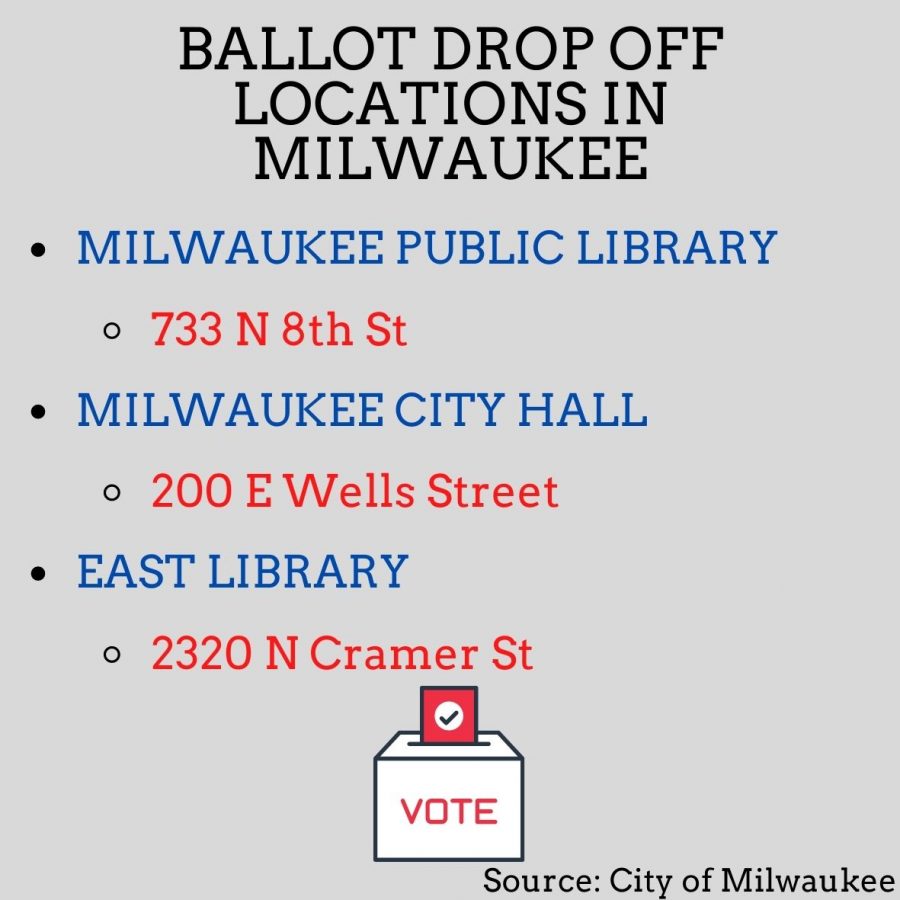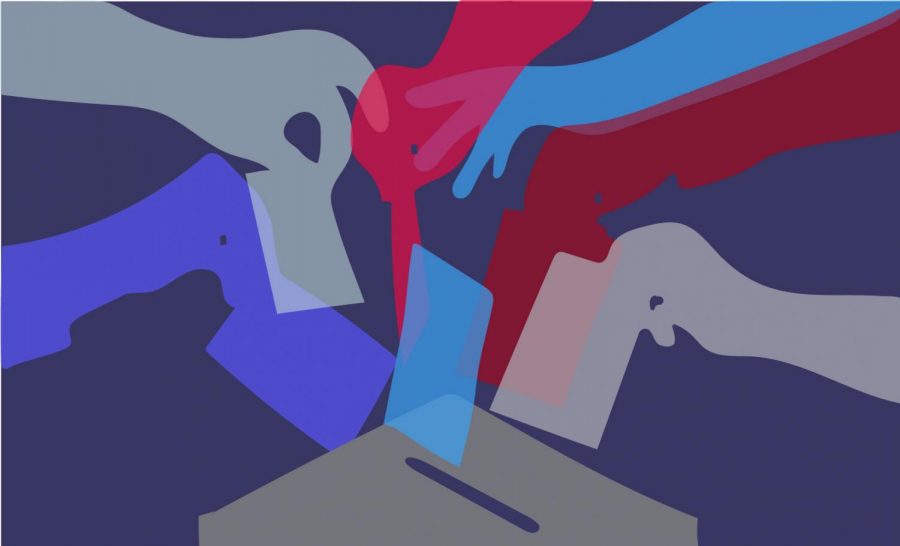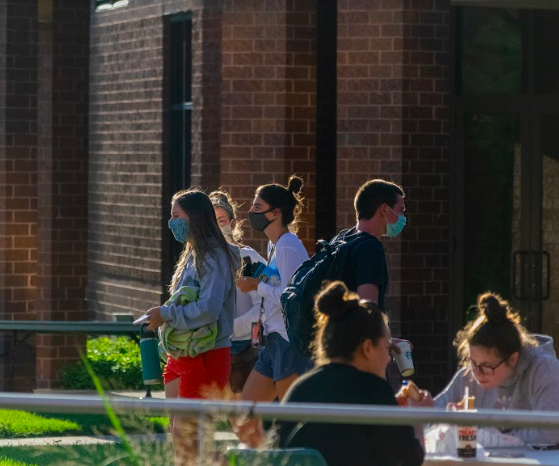 Photo IDs always held a strange sense of purpose for me. From my first driver’s license to my first college ID, they all represent some privilege I had been granted-the ability to legally drive a motor vehicle or the opportunity to attend Marquette. They give me a sense of accomplishment and remind me of my younger self and over eager smiles.
Photo IDs always held a strange sense of purpose for me. From my first driver’s license to my first college ID, they all represent some privilege I had been granted-the ability to legally drive a motor vehicle or the opportunity to attend Marquette. They give me a sense of accomplishment and remind me of my younger self and over eager smiles.
These IDs serve their designated purposes yet it appears they will have to do more during the Wisconsin election this year with the appealed Voter ID law. The law requires all voters to prove their identity with a state-issued ID and will be in effect during upcoming Nov. 4 elections, which includes the heated match-up of incumbent Gov. Scott Walker, who signed the law, and candidate Mary Burke.
While the law intends to prevent voting fraud, it is problematic in its recent application. Put into effect less than two months before the elections, the law has an even greater impact on Wisconsin and residents than was originally assumed. It forces potential voters without the required ID to act fast, which can be difficult when the state’s plan to issue them IDs is not an all-out effort and is trying to pull from a base of limited resources. There is a distinct possibility that not everyone will be prepared for the November elections with this requirement.
For many Wisconsinites, the Voter ID law is of little consequence, but for elderly and impoverished populations, this would lead to confusion and the inability to cast a viable ballot. These groups may not have access to information about the law or the ability to get state identification because of personal restrictions. An elderly person may not have a valid ID while some people in poverty may not have the necessary proof to get a state ID. Due to the recency of the law’s implementation, there are not campaigns to distribute details of its requirements and any attempt now will prove inadequate in reaching every possible voter.
There are some notably positive attempts to accommodate disadvantaged populations, with free state-issued IDs from the Department of Motor Vehicles for the purpose of voting. Even Marquette is taking action to provide all students with a new ID which meets the requirement. Unfortunately, free IDs are not leading to the anticipated spike in ID requests and presents another problem for Wisconsin’s resources: the Voter ID law puts a great strain on state spending, incurring much greater costs than benefits.
Additional poll workers and updated training must be distributed for the law to be implemented correctly and some 11,000 absentee ballots, originally mailed before the law won its appeal, must be resent to include literature on the law and a request for a photo-copied version of a state ID, something not everyone is able to provide.
Many think the law should be thrown out before the elections, but with the burden it has already placed on Wisconsin, that would be pointless and cause more confusion for voters. There is no stopping its implementation now, but more work should be done to make information about the ID requirement available to those who may not be aware of the law. Someone might respond that these people should not be voting anyways, but informing the populace on this new barrier is a responsibility Wisconsin is taking on by putting this law into action.
The appeals panel ruled this law constitutional but because it disadvantages some people and obstructs particular populations’ right to vote with seemingly gratuitous requirements, this does not appear to be so. If this law is to be effective, the state needs to bear the financials straits and take action to ensure its citizens are aware and ready for the new law in practice. It is on Wisconsin to help this law privileges all individuals through the dissemination of necessary information so disadvantaged peoples are not left out due to errors in communication.






